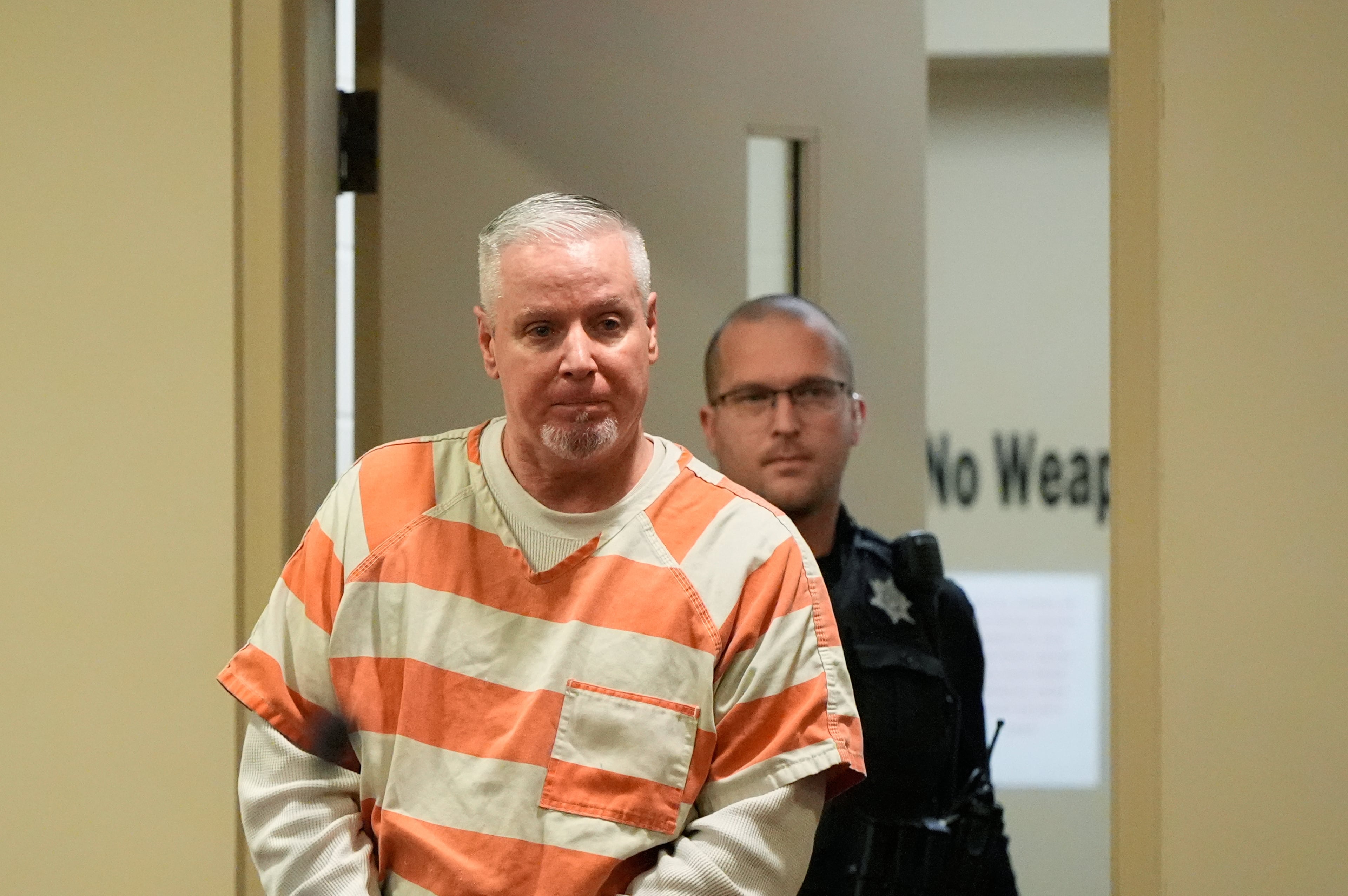5 steps Georgia lawmakers can take to prevent mass shootings in schools

Mass shootings like what occurred at Apalachee High School near Winder are heartbreaking. Unfortunately, these incidents are all too common. Accessibility to firearms (i.e., handguns, assault weapons and long guns) and gun violence gradually have become interwoven into the fabric of our country.
Unfortunately, national and state solutions to prevent such tragedies are limited by ideologically driven political wrangling and a reluctance to examine scientific literature. Recommendations by scientifically driven groups have been ignored.
Once a handgun or automatic weapon lands into the hands of an individual, particularly men or boys, terrible things — such as murder, mass shootings, accidental death, injury or suicide — may happen. One question then is: Who are the types of people at an increased risk for using weapons in mass shootings in general and mass shootings in school settings in particular? A related question is: How do we keep guns out the hands of violent people?

Some people incorrectly believe it is only the mentally ill who are responsible for mass shootings, and they cannot be stopped. Therefore, their solution is more guns for citizens. Our own governor expressed this viewpoint, advocating for less regulation. “Building a safer, stronger Georgia starts with hardworking Georgians having the ability to protect themselves and their families,” Gov. Brian Kemp has said.
However, the data does not support his position. According to experts, there is little to no relationship between mental illness and mass shootings. And none indicating that more guns will lead to less gun violence.
In fact, according to statistics reported by the Association of American Medical Colleges, if we completely remove mental illness from the equation, it will reduce the incidence of all violence by only 4%.

It is an uncomfortable truth that is hard to reconcile, that a person who is not “mentally ill” can still commit such a heinous act as mass murder. The focus on mental illness as the causal agent for mass shooting is counterproductive and moves us away from evidenced-based explanations and solutions. Further, blaming mental illness as the primary cause for mass shootings unwittingly leads to the stigmatization of the mentally ill.
We, therefore, need to move away from unproven, unscientific explanations. Instead, it is imperative to incorporate the research and expertise of social scientists and criminologists into discussions about the determinants of mass shootings and into ways of preventing mass shootings, including gun regulation.
Instead of gun control, our governor and GOP-controlled Legislature have pushed for more officers on school grounds and drills. But such measures have mixed results, failing in Uvalde, for example. Further, Rep. Michelle Au, D-Johns Creek, a physician, stated: “There is a nationwide retrospective study that surveyed K-12 students across 33 states that found that anxiety, stress and depression among students increased 39% to 42% after active shooter drills, in conjunction with the fact that there’s actually scant evidence that such drills save lives.”
Per Johns Hopkins Center for Gun Violence Solutions: “The U.S. has the highest firearm ownership and highest firearm death rates of 27 high-income countries. The firearm homicide rate in the U.S. is nearly 25 times higher than other high-income countries.” So, based on the facts, what does work to lessen gun violence?
Based on scientific research, the center states there are five actions that should be enacted by government: stricter licensing laws, including thorough background checks; red flag laws permitting firearms to be removed, especially in domestic violence and potential suicide situations; laws mandating guns be stored safely, away from children and those prone to violence; stronger concealed carry laws, limiting who can carry guns in public; and establishing community violence intervention programs to identify and treat those most prone to firearm violence.
Georgia has passed HB 268, the Georgia School Safety Act, which provides for school mental health services and expanded reporting systems, plus stronger prosecution for offenders. However, Georgia has not passed legislation to implement the center’s five vital gun control measures. The General Assembly will never act unless politicians hear from their constituents.
Dr. Louis Anderson is an Atlanta psychologist. Jack Bernard, a retired business executive and former chair of the Jasper County Commission and Republican Party, was the first director of health planning for Georgia.


